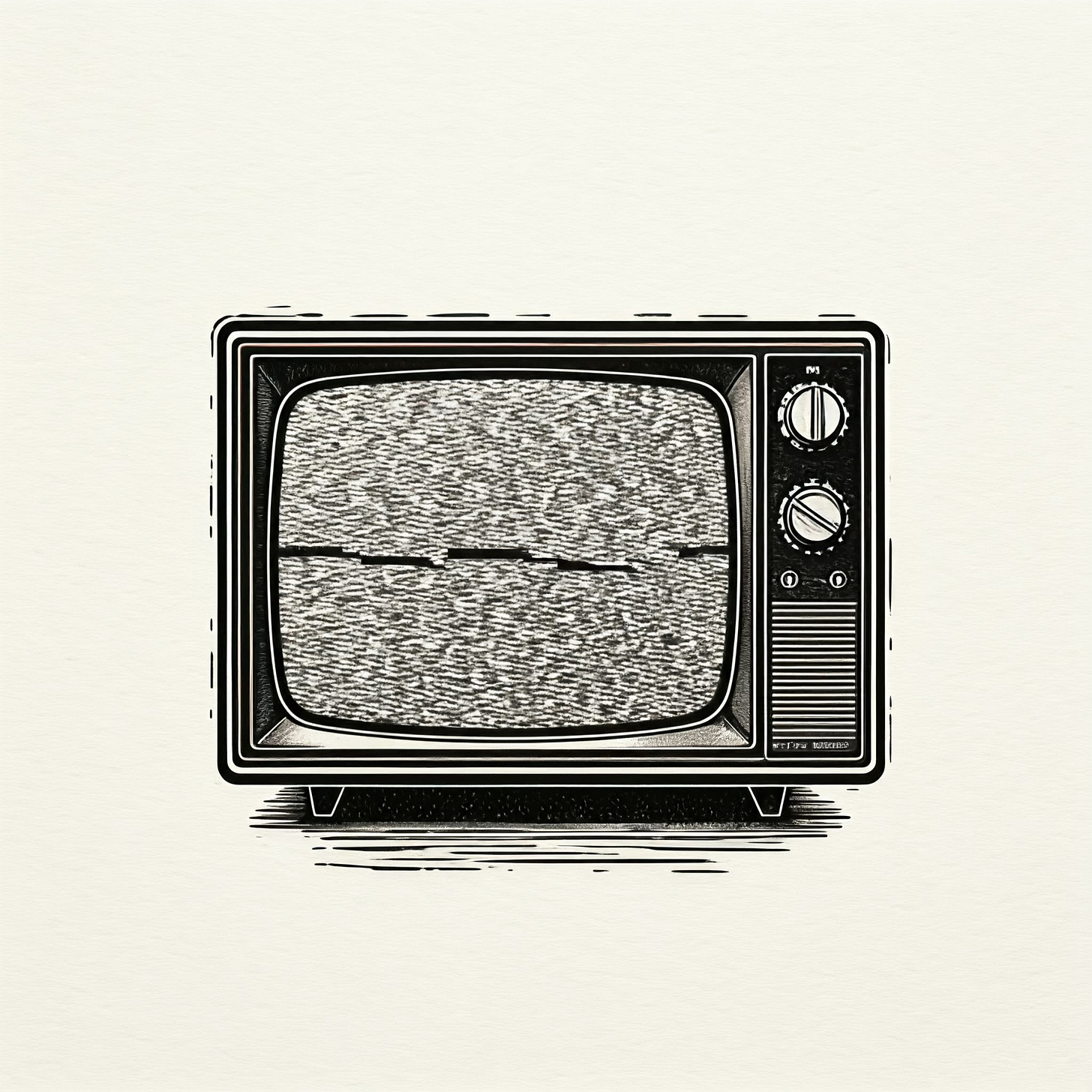Where were you on Pearl Harbor? On Fort Sumter? Lexington and Concord?
Everyone alive knew those events. Until they didn’t. Until a new generation was born and heard them as oral history. Then their children read them as history.
I was born in 1989. In September 2001, I watched the attacks unfold as a seventh grader. I remember the confusion, the fear, the anger. But for anyone alive then, I suppose there’s no need to recount—unless we count the yearly recitations as communal healing.
I was born in 1989. The Challenger exploded in 1986. I have deep reverence for the historical event, but not the same deep emotion of those who watched live.
I remember the towers, but I don't remember the Challenger.
Every September, curious students raise their hands and ask what we’ll do on 9/11. I never quite know how to respond.
I recall the explosions on TV, the serene blue skies outside the classroom windows, the silent shuffling steps in the halls as nobody talked during passing periods.
Nobody talked during passing periods.
As I’ve grown older and grown to understand the horrors of those days, I remember the silent hallways as much as the screams.
The longer I teach, the horrors fade further and further into history—into nothing for a generation who doesn’t read or watch videos longer than fifteen seconds.
On the serious end, students file in and solemnly asked me what I remember.
Some years I just don’t know what to say. I recall asking my History teacher that day if we’d continue yesterday’s activity. “No,” he responded, “we’re watching history live.”
Did I see the Falling Man that hour? I think I did.
Other years I just abandon all plans and recount the greater contexts. The Anthrax attacks. The DC sniper. I sit and talk like a griot and my students just listen. They never experienced those days, but they grew up knowing adults get sad and they obey by listening.
(P.O.D. released “Youth of the Nation” on 9/11/2001. As did Bob Dylan with “Love and Theft.” But I was too young for Bob Dylan and wore “Youth of the Nation” as an anthem—the kids of that era.)
On the infuriating end, students will joke around and demand a free day. So oral history becomes an excuse to avoid school work.
One year a student raised his hand and exclaimed, "What's the big deal?, ISIS just flew a plane into a building."
My anger exploded. "I can think of 3000 good reasons why today is a big deal." (And I may have said a few other fiery things.)
I’ve thought about that exchange for close to ten years now. I wish that student well in life. I hope they’ve grown up. Middle school, I often remark, is peak immaturity. But as I’ve processed that, each year the event fades further and further into the past.
History always begins as oral history. Then when the storytellers fade, we’re left with impressions. Records. Books. Multimedia, if we’re lucky.
Here's a truism: An entire generation was born after the event of those terrible days. They do not remember and will never remember. “Never forget” becomes “I wasn’t born yet.”
Oh, I could talk about Gen Z and 9/11. Just perform a simple Google search:
Rolling Stone recently posted about Gen Z and 9/11 memes. I see their point about “benign violation theory,” but disrespect is disrespect.
There’s the 2023 Reddit thread, “Anyone Notice a Bunch of Gen Zers Making Jokes About 9/11? Lots to Unpack Here.”
A 2023 article by a USC student called “Living in a post-9/11 world as Gen Z” caught my eye.
But sometimes it’s better to remember. To meditate.
In 2006, our band director played “On the Transmigration of Souls.” As I wrote this piece, I thought about that song. The horrors perfectly preserved.
How will I talk about the towers this year? My seventh grade year I watched people die on television. As a middle school teacher now, I’m not sure there’s a right answer.
📚 While you’re here, check out some other posts from this year:
📱 Also, check out some other posts from my side blog, HappyCasserole.
.




I was born 1990. I remember not understanding what's going on, going home early on busses, and being upset that there was no cartoons on TV, just news and news and people talking.
It took some time for me to realize that the world changed, but I hardly remember the old world, tbh.
Today I live in Israel, and I can distinctly feel the difference between before Oct. 7th and after. It might be naivete, but there was a sense of hope, that perhaps slowly, incrementally, just maybe, there could be some sort of peace. That hope now requires immense faith to keep burning in this storm.
Being of that age, it's weird how we could see what was happening, but it just didn't settle in until later.
And living in Israel. Goodness. Keeping hope alive is vital.